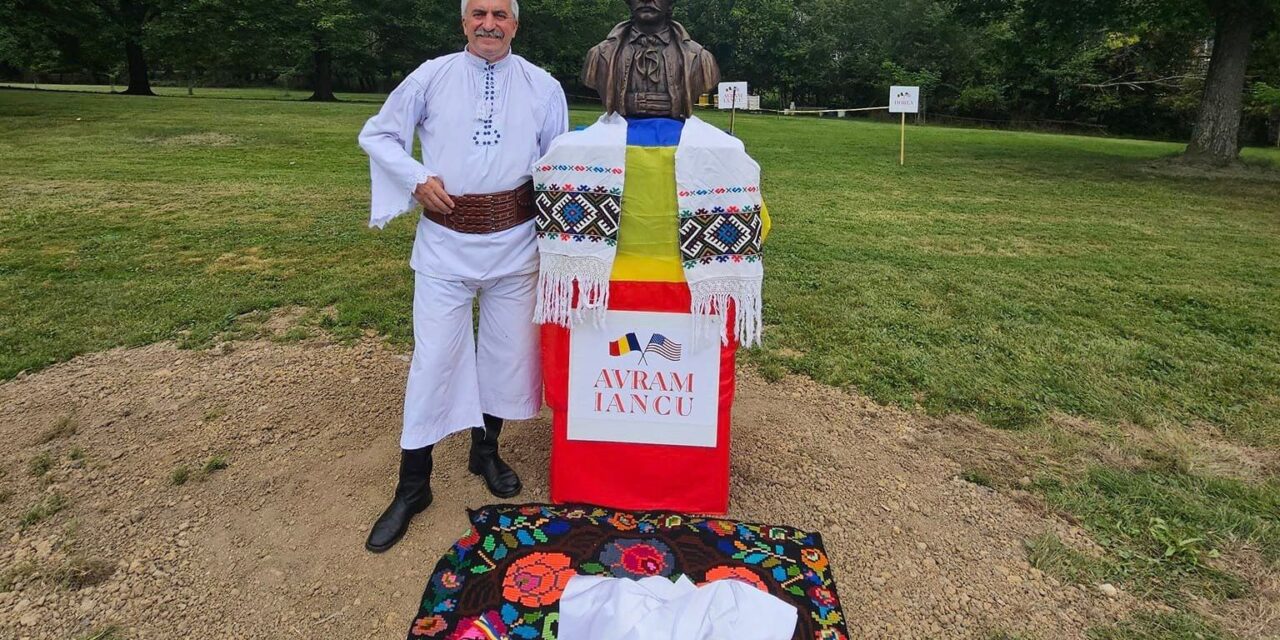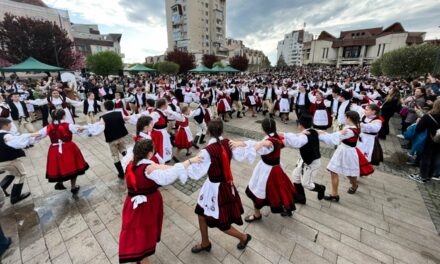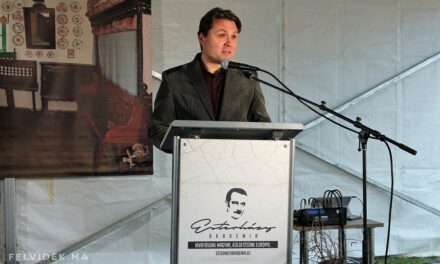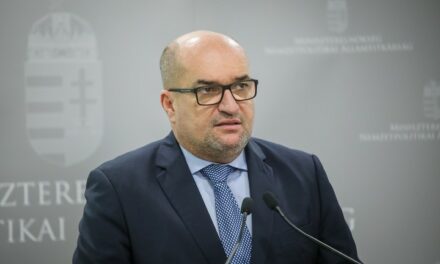A bronze statue of Avram Iancu was unveiled on Sunday in Canton, Ohio, on the occasion of the 200th anniversary of his birth, the Cluj24.ro news portal reported.
"This event is part of a series of events organized on the occasion of the 200th anniversary of the birth of Avram Iancu. Here in Canton, they also started setting up a Romanian village. The event took place within the framework of the already traditional Romanian festival, which is held on the last Sunday of August," reported Adrian Ardelean, host of the Ora Românească program of Montreal's CFMB radio station.
According to the article, a copy of Avram Iancu's house will soon be built on the site, and the construction of story writer Ion Creangă's house is also planned, kronika.ro wrote .
Romanians commemorated Avram Iancura with the 2024 memorial year, among others in Nagyvárad, on the main square still called Szent László Square by Hungarians.
"In this commemorative year, we proudly and gratefully celebrate one of the brightest figures in our national history: Avram Iancu - the outstanding leader of the Transylvanian revolution of 1848, who through his courage and determination became a true role model of patriotism and commitment to the homeland. 200 years after his birth, Avram Iancu remains a symbol of the struggle for justice, freedom and national identity," said the statement issued by the town hall on Wednesday.
At the same time, it is not noted which country it is, since Iancu led a rebellion against Hungary as a Hungarian subject, in the service of the Habsburgs.
Cover photo: Facebook













